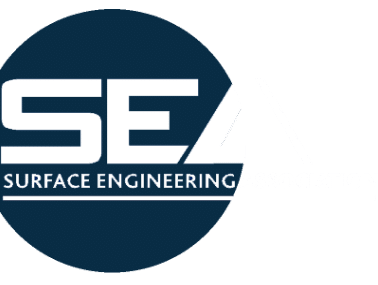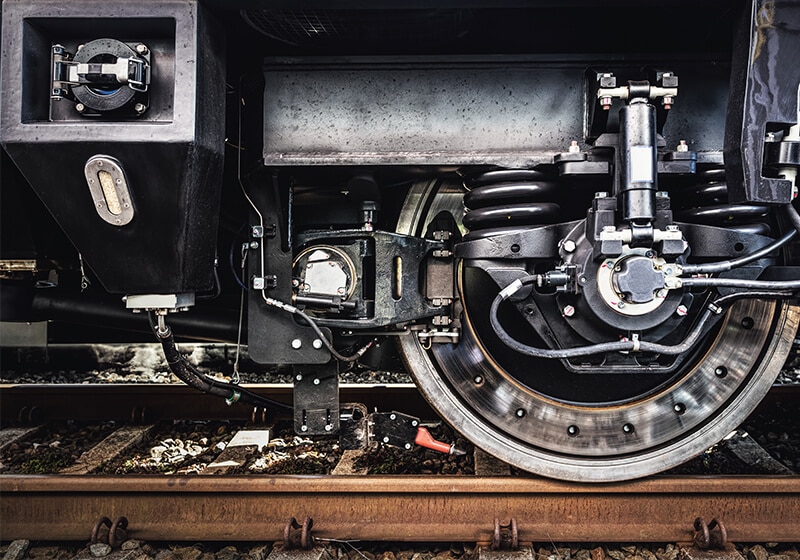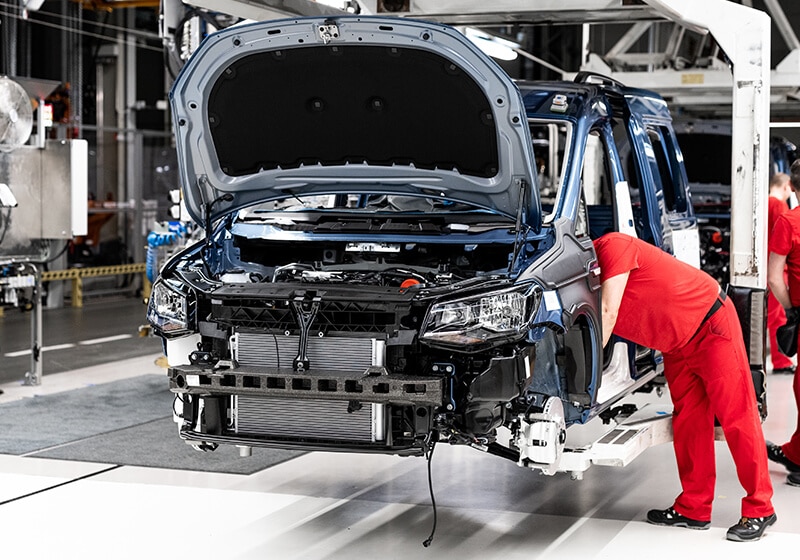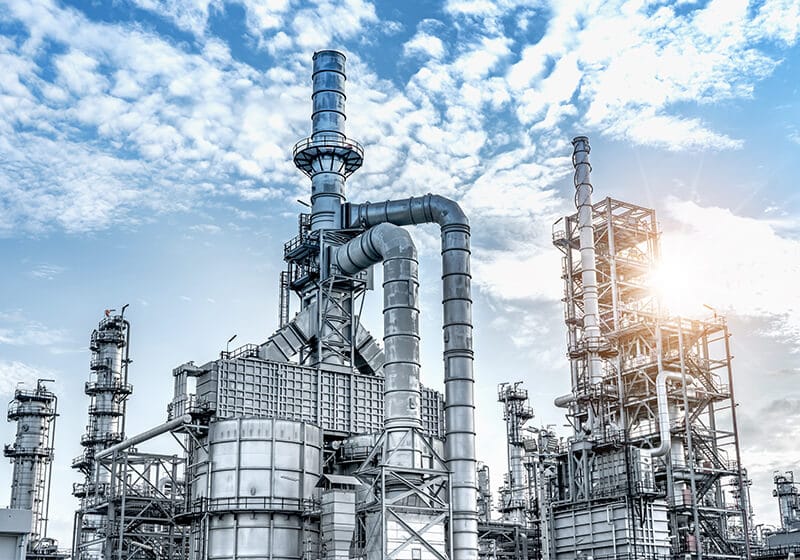
The UK’s agricultural sector plays an important role in the nation’s economy and food security. Valued at around £11.2 billion per year, the industry uses more than two-thirds of the available land in the UK and employs more than half a million people nationwide. The sector supplies the people of Britain with around 60% of their total food consumption needs, with the rest coming from overseas markets. Agriculture covers a wide variety of products and processes, including dairy, wheat and grains, vegetables, fruits, and meat production.
Electroplating in the agricultural sector

Most of the plating work provided for the agriculture industry has to do with the equipment they use. From large vehicles and machinery to automated harvesting and sorting devices, the sector demands robust equipment that can withstand operating in the great outdoors, day in and day out. This requires quality components that have been suitably treated by plating experts to resist corrosion, friction, and everyday wear and tear. Many components also need to be hardened to improve their strength and longevity.
These are just some of the ways that electroplating plays such a major part in British agriculture:
![]()
Corrosion resistance

Environmental factors such as bad weather, damp soil, and farming equipment spending hours at a time out in the open mean that corrosion of essential parts is a major concern for the agricultural sector. With the right plating technique, you can apply a sacrificial layer of metal over your key components that will protect the metal core from rust, oxidation, and corrosion. There are several methods that will achieve this result, with zinc or a zinc/nickel alloy being among the most effective.
Heat resistance

Big farm machinery tends to operate for long periods of time, which results in their constituent parts heating up during use, a process that can damage essential components. Changes in temperature can weaken the metal, requiring a plating solution that is tailored to protect against such changes. Again, nickel and zinc are popular methods for achieving this, though copper also delivers fantastic results for many of our agricultural clients.
Friction Resistance

With big machinery comes a vast array of moving parts. As they move and rub against each other, they produce friction, which leads to heat and wear damage at the same time. While lubrication can help to some extent, by plating the parts with an electroless nickel plating technique, you can toughen the components and extend their lifespan. Alternatively, you can choose a phosphate finish for those parts, which has the added benefit of reducing the amount of friction generated as well as protecting the components themselves.
Our Accreditations

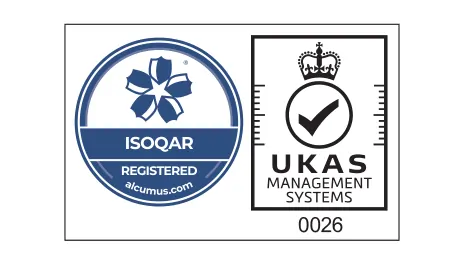
ISO 45001:2018 – Health & Safety
ISO 45001:2018 is the international standard for Occupational Health and Safety Management Systems (OHSMS), replacing OHSAS 18001. By working to this standard, we protect the health, safety, and wellbeing of our employees, visitors, and anyone affected by our operations
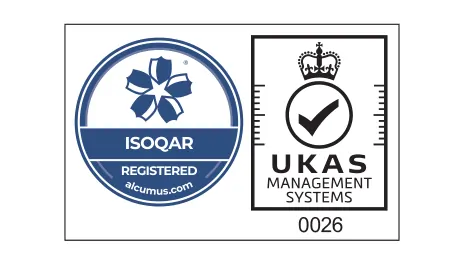
ISO 14001:2015 – Environment
ISO 14001 is an internationally recognised standard that sets the requirements for an environmental management system (EMS). By working to the ISO 14001:2015 standard, we improve our environmental performance through the efficient use of resources and waste reduction, while strengthening our position and building trust with our stakeholders.
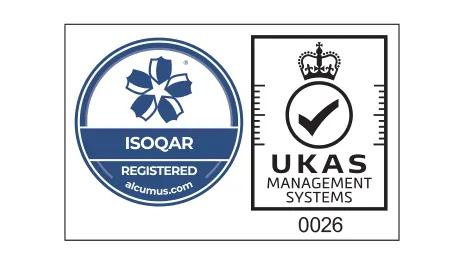
ISO 9001:2015 – Quality
ISO 9001 is the international standard for Quality Management Systems (QMS). By working to this standard, we strengthen our practices to meet the needs of our customers and stakeholders, using a framework that drives continuous improvement. It ensures we deliver consistent quality in our electroplating services through the correct application of a QMS.
Other sectors we cover


The UKs rail and transportation industry depends upon electroplating to protect its component parts from the harsh environmental conditions they must endure every day. These components need to be resistant to both oxidation and cold, as well as all extremes of temperature. Conductive electroplating methods are also essential to ensure the accuracy of the many electronic applications used in the industry.

The automotive industry uses plated components to make their vehicles more efficient at every stage of their manufacture. From gold-plated micro-components in the ECU, to nickel-plated, corrosion-resistant parts, all the way to metal-plated plastic parts to create lightweight bodywork.

The petrochemical industry produces essential items that we use everyday, from plastics, petroleum, and detergents to lubricants, asphalt, propane, and more. Raw materials are subjected to extreme heat and pressure throughout the refining process, so the machinery used to do so requires durable and reliable plating to get the job done.




